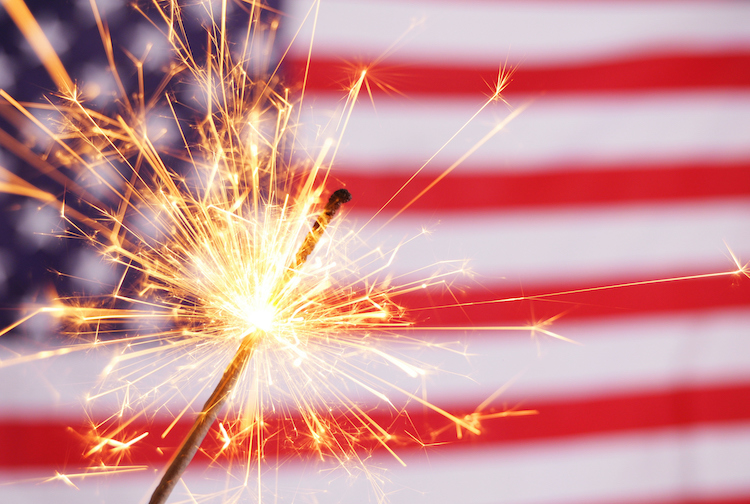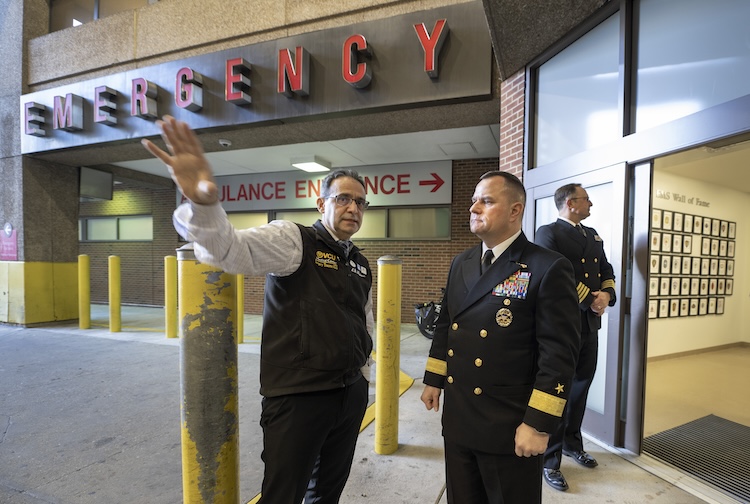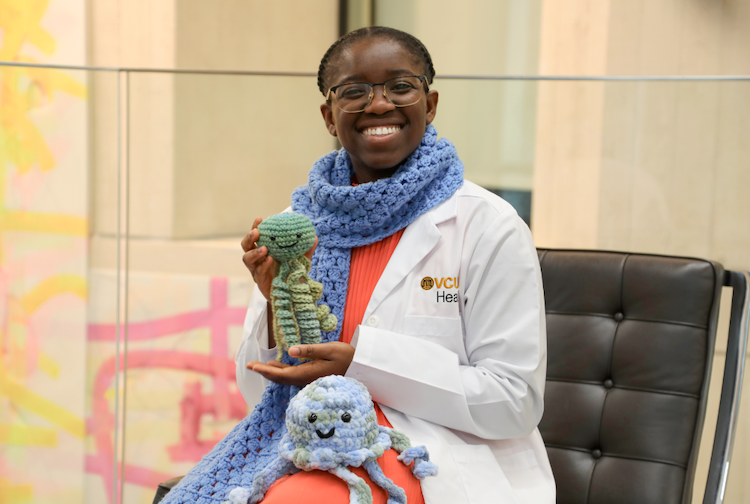
Summer safety series: Fourth of July
Use care when grilling, camping and with fireworks to avoid burns.
June 15, 2022 Getty Images
Getty Images
VCU Health’s summer safety series offers Q&A’s with our experts on various topics. To make the most of your summer, keep reading for the best advice to have fun and stay safe.

VCU Health sat down with Mack Drake, D.O., FACS, a surgeon with VCU Health’s Evans-Haynes Burn Center, to discuss fire safety.
What are the most common types of burns you see during the summer?
The Evans-Haynes Burn Center sees an increase in flame burns, fireworks burns and cooking burns during the summer months.
How do I know what type of burn I have?
Minor burns may be hot, red and painful to touch. More severe burns may blister or appear pale, white or charred.
There are many opinions about what to do after a burn, including rinsing in cold water, using egg whites, etc. What are evidence-based tips for treating burns?
Move away from the source of the burn or remove the item that caused the burn. Remove any clothing covering the burned area or any restrictive jewelry in case swelling occurs.
Run cool (not cold) water over the area where the burn occurred. It may be tempting, but don’t ice the area.
For minor burns, keep the area clean with gentle soap and water and treat the area with a topical antibiotic ointment or cream followed by a dry dressing.
If you have a more severe or extensive burn, you should seek immediate medical treatment.
What types of items should I put in a first-aid kit to care for minor burns?
Basic first-aid items for allergic reactions, minor cuts, scrapes and bruises are never a bad idea. We would recommend the following for minor burn injuries:
- Sterile gauze
- Roll gauze
- Antibiotic ointment
- A gentle wound cleansing agent
How can people prevent or minimize burn risk with fires?
Build outdoor fires in designated areas and away from any flammable objects. Keep children at least 3 feet from any open flames. Don’t let flames get out of hand and have water or a fire extinguisher nearby. It’s also important to talk to children about fire safety. And keep in mind that fire pits retain enough heat to cause severe burns at least 12 hours after they are extinguished
How can people prevent or minimize burn risk with fireworks?
Never throw fireworks or hold them in your hand and never allow children to handle fireworks. Never attempt to relight fireworks and light only one at a time. Don’t mix alcohol and fireworks: 44% of fireworks-related deaths in 2020 were drug and alcohol related. Also check if fireworks are legal in your state. In Virginia, many types of fireworks are illegal.
How can people prevent or minimize burns while cooking or grilling?
Don’t leave food in the oven or on the stove or grill unattended. Keep a pot or pan lid and pot holders nearby while cooking. In case of fire, “PUT A LID ON IT.” Do not handle hot pots or pans with wet or damp towels or pot holders, this can cause severe burns. Additionally, don’t allow children access to hot cooking surfaces, pots and pans or other heated cooking devices including crock pots and pressure cookers.



